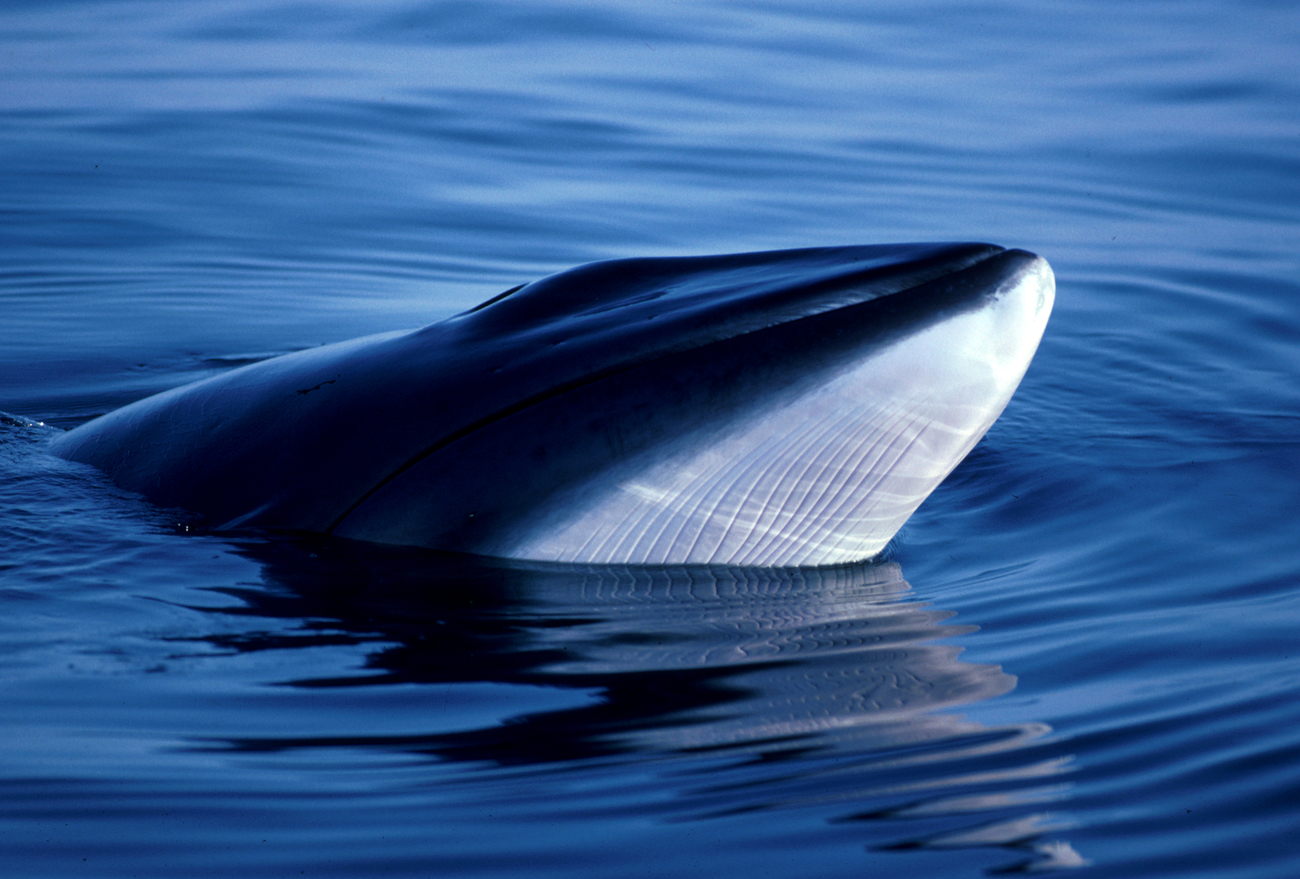Commercial Whaling Opposition - Global
We’re shifting the global mindset and protecting whales for the futurethe truth about ‘scientific’ whaling
the truth about ‘scientific’ whaling

Despite the global ban of commercial whaling, Japan uses the provision in the 1946 whaling convention which allows whales to be killed for scientific purposes. The ‘scientific whaling’ provision has also been used by Norway and Iceland as a way of getting around the rules. However, little, if any useful information comes from ‘scientific whaling’ and it is quite simply commercial whaling conducted under the guise of science.
The approval of a scientific whaling permit is granted by the nation that applied for it, and whaling countries issue their own catch limits, not the International Whaling Commission. In other words, Japan approves its own permits for scientific whaling without any external scrutiny or need for explanation.
It is no coincidence that the only nations that kill whales for science are those most interested in trying to create markets for whale meat. Since scientific permit whaling requires whale meat to be sold or given away, this means a scientific permit is little more than a licence to sell whale meat. Japanese whaling has led to the killing of hundreds of whales in 2009 alone.
It is hard to imagine any other scientific investigation of a species being organised around the principle of mass killing. The practice is especially egregious when the Japanese demand and approval for whale meat has steadily declined since the 1960s. For more information, see IFAW's report: The Economics of Japanese Whaling.
Whaling for science is unnecessary
Whaling is not a necessary practice to study whales. Scientists from IFAW’s Song of the Whale research vessel have pioneered technologies and techniques to study whales without harming them.
Scientists are able to collect DNA samples from skin that whales shed, blubber, and fecal matter. Scientists can even collect samples when whales exhale through their blowholes, allowing for detection of pathogens.
Determining vital whale population estimates and trends can only be achieved through sighting surveys and other benign research techniques such as the photo-identification of individual animals and acoustic surveys.
Whaling in the name of science is wholly unnecessary – none of these research methods require harming or killing whales.
The solution? Whale watching
IFAW has partnered with many organizations to promote cruelty-free whale watching as part of the tourism industry in order to minimize the economic incentives for commercial whaling. While the demand and approval for commercial whaling continues to fall amongst the general Japanese population, whale watching continues to grow and cultivate local communities.
In Japan, whale watching now generates more than $22 million each year.
Stop scientific whaling
Looking to support our efforts to stop 'scientific' whaling? Take action with IFAW.
Related content
Our work can’t get done without you. Please give what you can to help animals thrive.